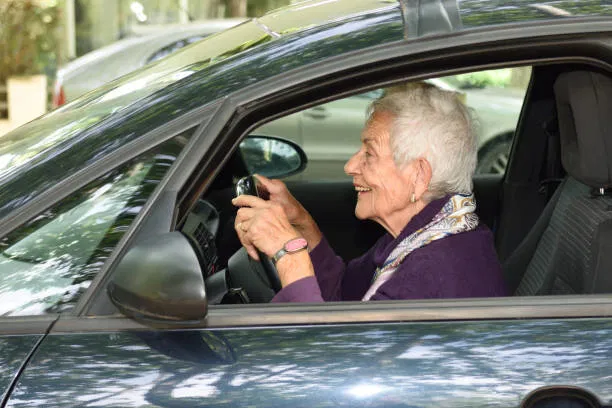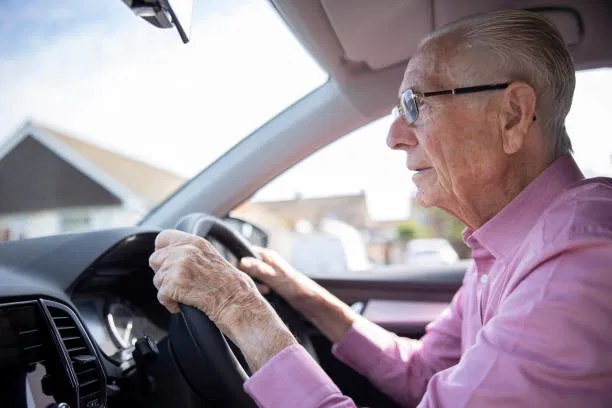Have you ever wondered if older drivers are still fit to hit the road? And more importantly, should they be required to undergo regular tests, much like taking an exam again? While age alone doesn’t define a person’s driving ability, certain signs should certainly raise caution.
Driving After 75: A Blessing or a Danger?
In La Rochelle, a tragic incident occurred when an 83-year-old driver struck a group of children on bicycles, injuring several. The driver was going the wrong way, leading to the question: at what age should we stop driving for safety’s sake?
Data from the Road Safety Authority reveals that drivers over 75 are involved in accidents as frequently as young drivers aged 18 to 24. While this might be surprising, it becomes clearer when considering how aging can impact vision, reflexes, hearing, and attention.
Is There an Age Limit for Driving?

The answer might surprise you: no, there’s no official age limit for driving in France.
In France, a B license is valid for life, unless revoked due to a serious offense or a court ruling. Unlike other countries, such as Italy or Germany, which require mandatory medical check-ups after the age of 70 or 75, France has opted to focus on personal responsibility, with no medical tests or checks required once you reach a certain age.
A Smarter Approach

Senior drivers have the option, if they choose, to have their abilities assessed by their doctor or a licensed physician. These evaluations can cover vision, reflexes, coordination, and even offer recommendations like driving only during daylight hours or avoiding certain high-risk situations.
Another great alternative is refresher courses. These courses provide seniors with the chance to brush up on the Highway Code, familiarize themselves with new traffic regulations (like roundabouts or modern driving assistants), and receive positive feedback on their driving skills.
Prepare Your Driving and Your Vehicle: A Winning Approach
As we get older, making the switch from a manual to an automatic transmission can significantly simplify driving. To help older drivers adapt to these changes, special workshops are being organized across France, raising awareness about the benefits and practical advantages.
Additionally, some driving schools offer courses specifically designed for seniors, providing personalized instruction and supportive guidance to ensure a comfortable and confident driving experience.

What if We Stopped Pointing Fingers?
Rather than stigmatizing older drivers, we should focus on encouraging them in a thoughtful and supportive way. After all, many of them bring decades of safe driving experience to the road. Their wealth of knowledge is invaluable, but a bit of guidance to help them stay up to date with new regulations and technologies can truly make a difference.